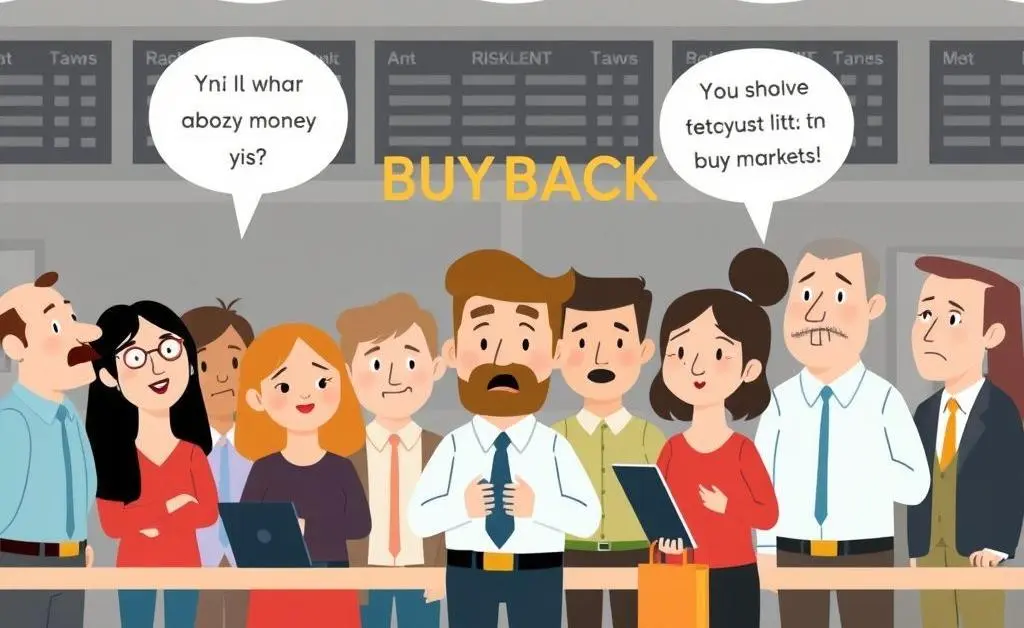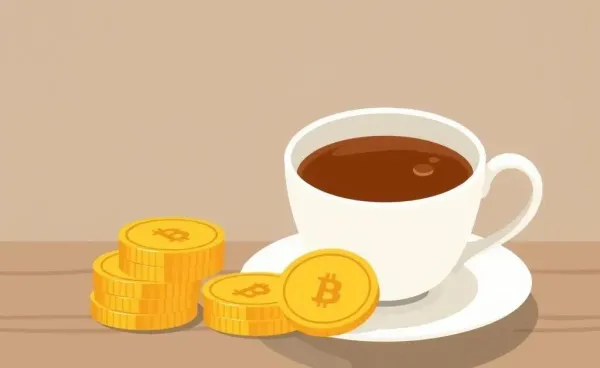Understanding Stock Buybacks: What You Need to Know
Dive into the world of stock buybacks and discover what they mean for investors.

Understanding Stock Buybacks: What You Need to Know
Have you ever heard the term stock buybacks and felt a wave of confusion wash over you? You're not alone. In the bustling world of finance, these concepts can sometimes feel elusive, yet they play a significant role in the market dynamics we see today.
What Exactly are Stock Buybacks?
To keep things simple, a stock buyback happens when a company decides to purchase its own shares from the marketplace. By doing this, they reduce the number of outstanding shares, which can be a strategic move for various reasons.

Why Do Companies Buy Back Their Own Stocks?
There are several motives behind this practice:
- Boosting Share Value: By reducing the number of outstanding shares, earnings per share (EPS) can increase if the company's overall earnings remain stable, potentially increasing the share price.
- Optimizing Capital Structure: Companies with excess cash might prefer buybacks as a way to allocate their capital efficiently.
- Confidence Signal: Management may use buybacks to signal their confidence in the company's future prospects.
Are Buybacks Good for Investors?
The impact of buybacks on investors isn't clear-cut. It depends on various factors, such as the price at which the buyback happens and the company's long-term growth prospects.

Potential Benefits for Investors
Buybacks can lead to a rise in stock price, offering existing shareholders potential gains. It's like owning a bigger slice of the pie without actually buying more pizza!
Considerations to Keep in Mind
Despite the potential appeal, relying solely on buybacks for investment decisions could be misleading. There's always the risk of a company overspending on its shares.
Final Thoughts: Making Sense of Market Movements
When it comes to investing and understanding market nuances like stock buybacks, it's essential to gather as much information as possible. Think of it as a financial jigsaw puzzle where each piece helps complete the overall picture.

So, next time you hear about a company announcing a buyback, take a moment to consider what it means for them and what it could mean for your own financial decisions. Remember, investing isn't just about the numbers; it's about understanding the stories behind them.




